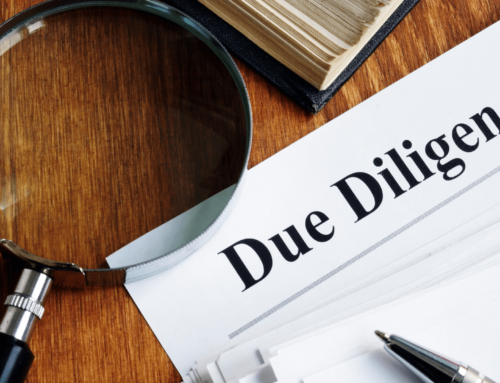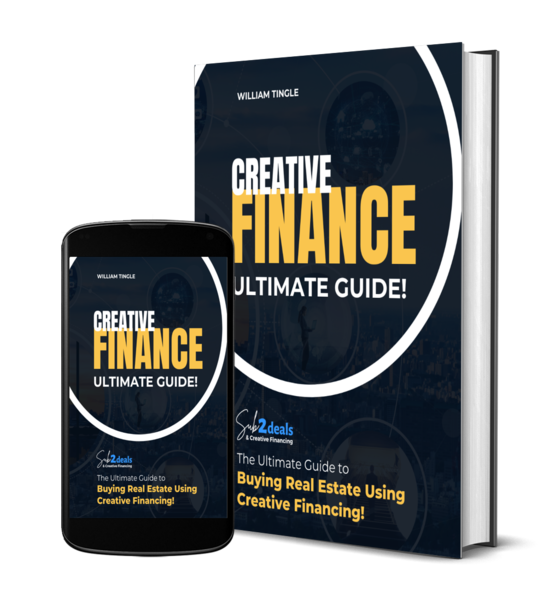Real estate investing is not just about buying and selling properties; it’s about unlocking opportunities, building sustainable wealth, and creating a legacy that lasts.
However, like any investment avenue, real estate comes with its own set of challenges and risks. It’s a complex landscape that requires strategic planning, market knowledge, and the ability to make informed decisions.
The cornerstone of successful real estate investing lies in one’s ability to evaluate real estate deals effectively. This is the compass that guides investors, helping them navigate the turbulent waters of real estate investments, minimize risks, and maximize rewards.
In this article, we’re going to delve into the aspects of evaluating potential real estate deals. We’ll shed light on the key factors that every real estate investor must consider to ensure they’re making the right investment choices.
By the end of this article, you’ll have a framework to evaluate real estate deals, enabling you to identify lucrative opportunities that align with your financial goals.
Location of the Property
Location is one of the most critical factors in real estate investing.
Is the property in a desirable area? Does it have access to amenities such as shops, restaurants, and transportation? Are there any potential zoning changes or developments that could affect the property’s value?
Is it where families want to live? Is it in a good school district?
Remember…you probably don’t want to live in the hood. Most of your buyers or tenants will not want to, either.
When evaluating a real estate deal, make sure you research the local market and determine whether the property is located in a good neighborhood.
Condition of the Property
The property’s condition can significantly affect its value and potential profits.
Does the property require significant repairs or upgrades? How much will those repairs cost, and will they add value to the property?
If you are a wholesaler, you may look at repairs differently than someone who is buying to keep the property or, as I do, sell with seller financing. Of course, if the price is cheap enough, repairs may not matter to you at all.
Make sure you conduct a thorough inspection of the property and take into account any necessary repairs or updates before making an offer.
Financing
Your financing strategy can also impact the value of a real estate deal. How will you finance the property purchase? Will you take out a mortgage or pay cash? What will the interest rate be, and what are the associated costs?
If you are like me, you are most likely going to be looking at taking over the payments subject to so you have to evaluate the loan currently on the property. Does it make sense for your exit strategy?
Consider all of your financing options before deciding on the best strategy for your investment.
Cash Flow
Cash flow is crucial in real estate investing. It refers to the amount of money that is left over after all expenses are paid.
To evaluate a real estate deal’s cash flow potential, you need to calculate the expected rental income and subtract associated expenses such as mortgage payments, property taxes, insurance, and maintenance costs.
Make sure the cash flow is adequate to cover expenses and provide a reasonable return on investment.
What Will It Rent For?
In addition to the factors outlined above, it’s crucial to compare your potential investment with other rentals in the same area.
Doing this will give you a sense of the market rate for rent and the type of amenities other properties offer. Research comparable properties, taking note of their rental price, size, condition, location, and features.
This comparison will help you understand how competitive your potential investment would be in the current rental market, which can greatly impact your property’s occupancy rate and overall return on investment.
Even if your exit plan will be to seller finance the property, unless it is a luxury property, what it will rent for is important to know. Most middle class families are fine with paying at least what the property would rent for and even a little more. The ability to rent it out should you have trouble finding a buyer should also always be your Plan “B”.
Your Exit Strategy
Finally, consider your exit strategy when evaluating real estate deals.
How long do you plan to hold the property? Will you sell it after a certain period or hold onto it for rental income? Do you have a backup plan if rent income stops or the market shifts?
Having a solid exit strategy is crucial for your financial success as a real estate investor.
Always, always have a Plan A, B & at least C.
The Bottom Line
Evaluating real estate deals as a real estate investor requires a thorough understanding of the market, location, financing, cash flow, and exit strategy.
Make sure you research thoroughly and consult with experienced real estate professionals to make informed investment decisions.
By following the steps outlined in this article, you can minimize risks and maximize profits in your real estate investments.
Never be a motivated buyer. Remember to always do your due diligence and trust the numbers to make informed decisions.
Numbers don’t lie…people do.
Are you unsure of how to underwrite your Sub2 Deal? Check out our Sub2 Deals Profit Evaluator.
Our Sub2 Profit Evaluator gives you an easy way to underwrite your Sub2 deal and leave no question of whether it’s a good deal or not no matter if seller finance, lease option or rental is your plan!







